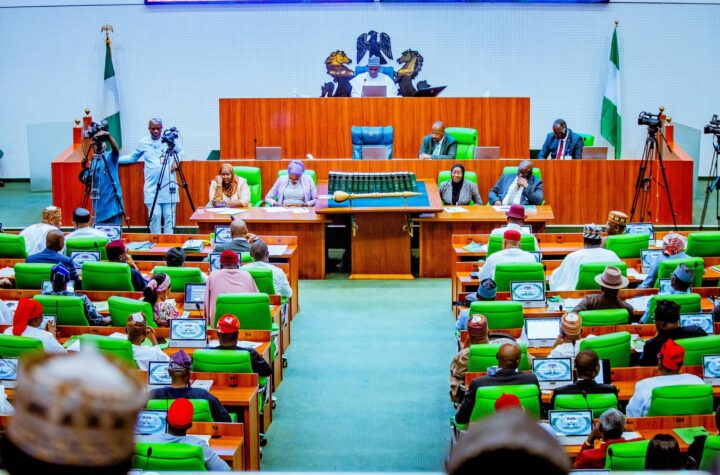The House of Representatives on Thursday voted against a bill seeking to amend the 1999 Constitution to introduce a single six-year tenure for the President, State Governors, and Local Government Chairpersons.
The bill, sponsored by Rep. Ikenga Ugochinyere (PDP-Imo) and 33 other lawmakers, also proposed rotational presidency and governorship between regions, along with a single-day election for all offices.
The legislation aimed to amend several sections of the 1999 Constitution, including Sections 76, 116, 132, and 136, to promote what its proponents described as inclusive governance and to reduce the costs associated with Nigeria’s current four-year election cycles.
According to the bill’s general principles, “These amendments were to ensure inclusive governance and to curb wastages occasioned by four-year periodic elections.”
Among the key amendments proposed was the inclusion of a rotational presidency between the North and South regions every six years. “An election to the office of President of the Federal Republic of Nigeria shall be rotated between the North and the South regions of the country every six years,” the bill stated.
It further suggested that within each region, the presidency should rotate among the three geopolitical zones, ensuring more equitable representation.
The bill also sought to streamline elections across all tiers of government. “All elections into the offices of President, Governors, National Assembly, State Houses of Assembly, and Local Government Councils shall be held simultaneously on the same date,” it proposed, leaving the coordination of such elections to the Independent National Electoral Commission (INEC) in consultation with the National Assembly.
Additional provisions included a mid-term performance review for governors, requiring them to present a stewardship report to their State House of Assembly in the third year of their tenure. Based on this report, the State House of Assembly could pass a resolution determining whether the governor should continue in office.
“If the mid-term report shows unsatisfactory performance, the State House of Assembly shall pass a vote of no confidence on the Governor and commence the process for impeachment,” the bill outlined.
Other amendments addressed scenarios where elected leaders are unable to take office, proposing that the Vice President or Deputy Governor would automatically assume the role and appoint a replacement with legislative approval.
When Speaker Tajudeen Abbas put the bill to a voice vote during Thursday’s plenary session, the majority rejected the proposal. The Speaker announced, “The nays have it,” effectively ending the bill’s progression in the legislative process.




